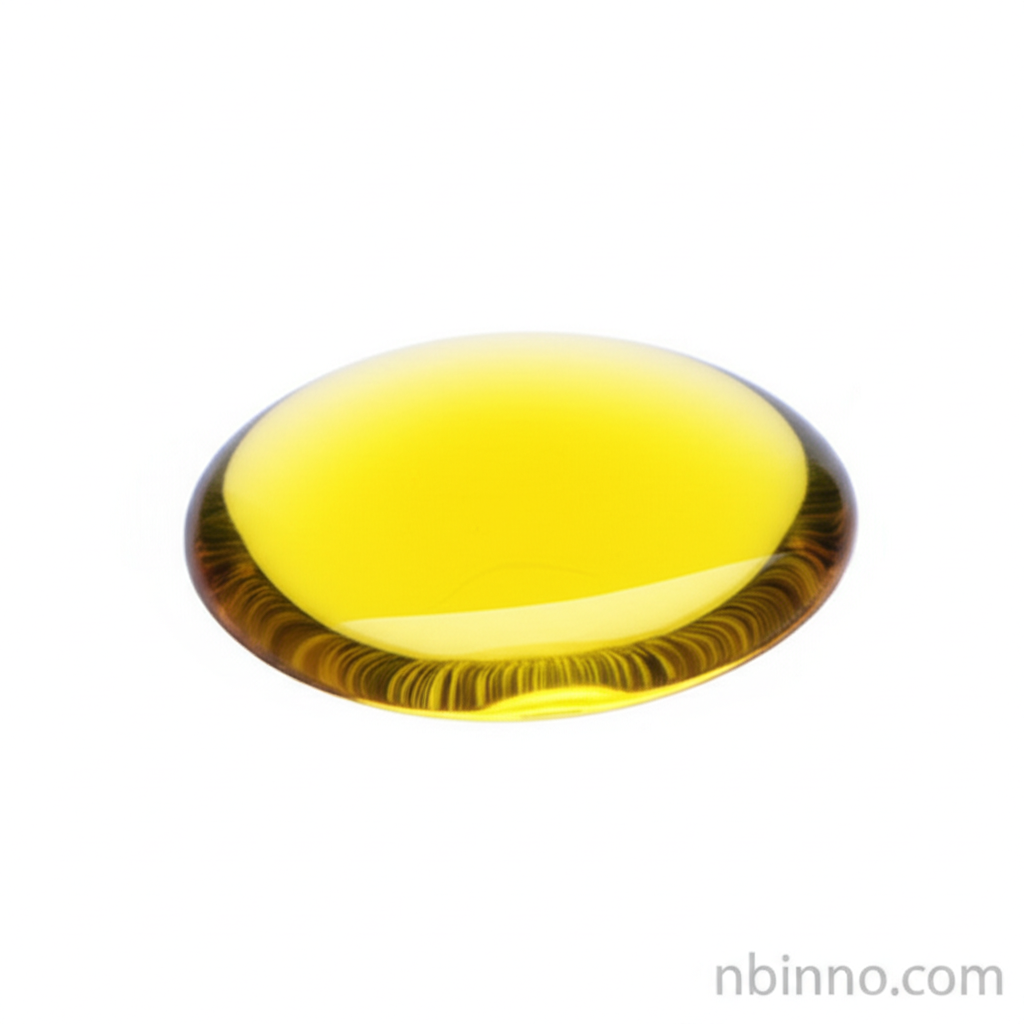Alkyl Sulfonic Acid Phenyl Ester: An Environmentally Friendly Plasticizer for Enhanced Polymer Performance
Discover the versatile benefits of this eco-friendly plasticizer for your polymer applications.
Get a Quote & SampleProduct Core Value

Alkyl Sulfonic Acid Phenyl Ester
Alkyl Sulfonic Acid Phenyl Ester (CAS 91082-17-6) stands out as a leading environmentally friendly plasticizer and adhesive, designed to elevate the performance and processing of various polymer materials. Its unique chemical structure provides excellent gelling capabilities, significantly reducing processing temperatures and time, thereby boosting production efficiency. A key advantage is its outstanding resistance to saponification, particularly when compared to traditional plasticizers like DEHP, ensuring enhanced durability and longevity in demanding applications. This compound also demonstrates broad compatibility with a wide array of polymers including PVC, PU, natural rubber (NR), styrene-butadiene rubber (SBR), acrylonitrile-butadiene rubber (NBR), and chloroprene rubber (CR), making it a versatile choice for diverse formulations.
- Discover the benefits of using an environmentally friendly plasticizer for PU and PVC to achieve superior material properties.
- Explore the advantages of superior saponification resistant plasticizer formulations for extended product life.
- Learn about the crucial role of plasticizer for leather film automobile applications in enhancing flexibility and durability.
- Understand why UV resistant plasticizer applications are critical for products exposed to sunlight and weathering.
Key Advantages
Enhanced Processing Efficiency
This plasticizer promotes excellent gel formation in polymers like PVC and PU, leading to reduced processing temperatures and shorter processing cycles, thus improving overall production efficiency. This translates to energy savings and faster turnaround times, a critical factor in competitive markets.
Superior Durability and Resistance
Experience unparalleled saponification resistance, making products more durable when exposed to water and alkali metals. This characteristic is vital for applications requiring long-term stability and performance, especially compared to older plasticizers.
Broad Material Compatibility
Its excellent compatibility with a wide range of polymers, including PVC, PU, NR, SBR, NBR, and CR, makes it an ideal choice for manufacturers seeking a versatile additive for various product lines.
Key Applications
Polymer Modification
Used as a plasticizer for polyvinyl chloride (PVC), polyurethane (PU), natural rubber (NR), styrene-butadiene rubber (SBR), acrylonitrile-butadiene rubber (NBR), and chloroprene rubber (CR), enhancing their flexibility and processability.
Coatings and Adhesives
Integral in PU-based sealing and bonding systems (single and two-component), and as a PVC glue component, offering improved adhesion and flexibility.
Textile and Automotive
Applicable in calendering processes for automotive leather film, tunnel walls, and various other industries, showcasing its utility as a plasticizer for leather film automobile applications.
Specialty Products
Finds use in slush molding toys, PVC disposable gloves, and as a cleaning agent for PU foaming machines, demonstrating its diverse functionality and suitability for plasticizer for food contact film and other sensitive applications.
